And with the capital receiving 184.6 mm rain on Thursday, things don't seem too bright. There have been six confirmed cases of dengue here so far.
NEW DELHI: As rains lash the capital every other day, it's not all reason to rejoice. Accompanying the monsoon each year is dengue, the mosquito-borne disease that killed 65 people last year.
And with the capital receiving 184.6 mm rain on Thursday, things don't seem too bright. There have been six confirmed cases of dengue here so far.
Doctors, civic authorities and common people are wondering if there will be a repeat of 2006 when 3,364 dengue cases were reported, the worst in five years, according to the National Vector Borne Disease Control Programme (NVBDCP).
"We are doing our bit but people should be held legally responsible if they allow water to accumulate in their homes and neighbourhood. The Aedes mosquito is known to breed in any container filled with water or wherever rainwater gets accumulated," said N.K Yadav, the health officer in Municipal Corporation of Delhi.
So what is it that makes dengue an annual event in Delhi? The rainy season is considered to be the ideal time for the fresh water mosquito Aedes Aegypti, which is responsible for diseases like dengue and chikungunya, to breed.
Every year the downpour marks the beginning of the dengue season, which lasts nearly three-four months. Poor surveillance and management had led to the outbreak last year. But health officials as well as doctors say the onus lies as much with residents.
SP Byotra, senior consultant in the department of medicine in Sir Gangaram Hospital, said people should keep their surroundings clean.
"During monsoon, water collects very easily inside homes, parks and nearby areas. Even though the government does its bit like spreading awareness and carrying out fumigation especially in areas where there is apprehension of water getting accumulated, people should be alert and take precautionary measures like sleeping under mosquito nets and isolating the patient," Byotra told IANS.
The situation at the All India Institute of Medical Sciences (AIIMS) becomes critical during dengue outbreaks. With patients pouring in from all parts of northern India, even for screening tests, AIIMS authorities have a tough time handling the crisis.
Last year the pavements outside the AIIMS emergency came to be called "Dengue Lanes", as families accompanying patients with fever and dengue symptoms pitched tents there for months together. Patients running high fever and showing symptoms of dengue lay outside on stretchers while their relatives endlessly queued up to collect test reports.
In the paediatric emergency department at AIIMS, children were forced to share stretchers. With more than 1,200 samples being screened every day in the laboratory, the overwhelmed AIIMS staff had to stop admission in various departments in order to manage dengue patients.
"We became a victim of our own efficiency. We can't turn away patients but the burden was too much to handle," recalled D.K. Sharma, the AIIMS medical superintendent.
But even as people affected with dengue battled the disease in hospital, there were areas in Delhi where people continued to live in unclean surroundings, giving the Aedes mosquito its new victims.
Though dengue cases are reported round the year in Delhi, the numbers shoot up during monsoon and the months following it.
Another very important reason for the recurrence of dengue in Delhi every year is the influx of migrant population from areas affected by dengue, mostly from states in southern India such as Kerala, Andhra Pradesh and Tamil Nadu. These people prove to be effective carriers of the virus.
Once the virus enters a particular area in Delhi it's difficult to stop the man-mosquito-man cycle. Till the time people realise the importance of sanitation and take preventive measures to stop the breeding of the Aedes mosquito in their homes and offices, the efforts of civic authorities alone will not be enough to stop the spread of dengue in Delhi.
![submenu-img]() DNA Explainer: Why was Iranian president Ebrahim Raisi, killed in helicopter crash, regarded as ‘Butcher of Tehran’?
DNA Explainer: Why was Iranian president Ebrahim Raisi, killed in helicopter crash, regarded as ‘Butcher of Tehran’?![submenu-img]() 1 dead, many injured after London-Singapore flight hit by severe...
1 dead, many injured after London-Singapore flight hit by severe...![submenu-img]() This film was based on iconic love story, actors and director died midway, was released incomplete 23 years later
This film was based on iconic love story, actors and director died midway, was released incomplete 23 years later![submenu-img]() Meet man who used to go medicine factory in childhood, now runs Rs 109000 crore pharma company, his net worth is...
Meet man who used to go medicine factory in childhood, now runs Rs 109000 crore pharma company, his net worth is...![submenu-img]() Akshay Kumar 'accidently' collided with RTO officer's bike in Bangkok, shares what happened next: 'I immediately...'
Akshay Kumar 'accidently' collided with RTO officer's bike in Bangkok, shares what happened next: 'I immediately...' ![submenu-img]() Maharashtra HSC 12th 2024: Result declared, know how to check
Maharashtra HSC 12th 2024: Result declared, know how to check![submenu-img]() Meet man who topped IIT-JEE, studied at IIT Bombay, then went to MIT, now is...
Meet man who topped IIT-JEE, studied at IIT Bombay, then went to MIT, now is...![submenu-img]() Meet man who once used to sell newspapers at 9, cracked UPSC exam, he is now…
Meet man who once used to sell newspapers at 9, cracked UPSC exam, he is now…![submenu-img]() Meet woman who secured high-paying job, not from IIT, IIM, VIT, her record-breaking package is...
Meet woman who secured high-paying job, not from IIT, IIM, VIT, her record-breaking package is...![submenu-img]() Maharashtra HSC Result 2024: Class 12th result to be released today, know time, steps to check
Maharashtra HSC Result 2024: Class 12th result to be released today, know time, steps to check![submenu-img]() DNA Verified: Is CAA an anti-Muslim law? Centre terms news report as 'misleading'
DNA Verified: Is CAA an anti-Muslim law? Centre terms news report as 'misleading'![submenu-img]() DNA Verified: Lok Sabha Elections 2024 to be held on April 19? Know truth behind viral message
DNA Verified: Lok Sabha Elections 2024 to be held on April 19? Know truth behind viral message![submenu-img]() DNA Verified: Modi govt giving students free laptops under 'One Student One Laptop' scheme? Know truth here
DNA Verified: Modi govt giving students free laptops under 'One Student One Laptop' scheme? Know truth here![submenu-img]() DNA Verified: Shah Rukh Khan denies reports of his role in release of India's naval officers from Qatar
DNA Verified: Shah Rukh Khan denies reports of his role in release of India's naval officers from Qatar![submenu-img]() DNA Verified: Is govt providing Rs 1.6 lakh benefit to girls under PM Ladli Laxmi Yojana? Know truth
DNA Verified: Is govt providing Rs 1.6 lakh benefit to girls under PM Ladli Laxmi Yojana? Know truth![submenu-img]() AI models show bikini style for perfect beach holiday this summer
AI models show bikini style for perfect beach holiday this summer![submenu-img]() Laapataa Ladies actress Chhaya Kadam ditches designer clothes, wears late mother's saree, nose ring on Cannes red carpet
Laapataa Ladies actress Chhaya Kadam ditches designer clothes, wears late mother's saree, nose ring on Cannes red carpet![submenu-img]() Urvashi Rautela mesmerises in blue celestial gown, her dancing fish necklace steals the limelight at Cannes 2024
Urvashi Rautela mesmerises in blue celestial gown, her dancing fish necklace steals the limelight at Cannes 2024![submenu-img]() Kiara Advani attends Women In Cinema Gala in dramatic ensemble, netizens say 'who designs these hideous dresses'
Kiara Advani attends Women In Cinema Gala in dramatic ensemble, netizens say 'who designs these hideous dresses'![submenu-img]() Influencer Diipa Büller-Khosla looks 'drop dead gorgeous' in metallic structured dress at Cannes 2024
Influencer Diipa Büller-Khosla looks 'drop dead gorgeous' in metallic structured dress at Cannes 2024![submenu-img]() DNA Explainer: Why was Iranian president Ebrahim Raisi, killed in helicopter crash, regarded as ‘Butcher of Tehran’?
DNA Explainer: Why was Iranian president Ebrahim Raisi, killed in helicopter crash, regarded as ‘Butcher of Tehran’?![submenu-img]() DNA Explainer: Why did deceased Iranian President Ebrahim Raisi wear black turban?
DNA Explainer: Why did deceased Iranian President Ebrahim Raisi wear black turban?![submenu-img]() Iran President Ebrahim Raisi's death: Will it impact gold, oil prices and stock markets?
Iran President Ebrahim Raisi's death: Will it impact gold, oil prices and stock markets?![submenu-img]() Haryana Political Crisis: Will 3 independent MLAs support withdrawal impact the present Nayab Saini led-BJP government?
Haryana Political Crisis: Will 3 independent MLAs support withdrawal impact the present Nayab Saini led-BJP government?![submenu-img]() DNA Explainer: Why Harvey Weinstein's rape conviction was overturned, will beleaguered Hollywood mogul get out of jail?
DNA Explainer: Why Harvey Weinstein's rape conviction was overturned, will beleaguered Hollywood mogul get out of jail?![submenu-img]() This film was based on iconic love story, actors and director died midway, was released incomplete 23 years later
This film was based on iconic love story, actors and director died midway, was released incomplete 23 years later![submenu-img]() Akshay Kumar 'accidently' collided with RTO officer's bike in Bangkok, shares what happened next: 'I immediately...'
Akshay Kumar 'accidently' collided with RTO officer's bike in Bangkok, shares what happened next: 'I immediately...' ![submenu-img]() Meet man, his grandfather founded political party, uncle was CM, he ditched it for Bollywood, worked for Bhansali, now..
Meet man, his grandfather founded political party, uncle was CM, he ditched it for Bollywood, worked for Bhansali, now..![submenu-img]() Meet actor who worked with SRK, Salman, Sushmita, gave many flop films, quit acting, married granddaughter of CM..
Meet actor who worked with SRK, Salman, Sushmita, gave many flop films, quit acting, married granddaughter of CM..![submenu-img]() 'Pregnant for sure': Katrina Kaif, Vicky Kaushal's viral video from London sparks pregnancy speculations
'Pregnant for sure': Katrina Kaif, Vicky Kaushal's viral video from London sparks pregnancy speculations ![submenu-img]() Viral video: Bride makes dramatic entrance from giant ice cube at snowy Alpine wedding in Switzerland
Viral video: Bride makes dramatic entrance from giant ice cube at snowy Alpine wedding in Switzerland![submenu-img]() Elephant lifts safari truck with tourists in shocking viral video, watch
Elephant lifts safari truck with tourists in shocking viral video, watch![submenu-img]() In another gaffe, Joe Biden says he was US 'Vice President' during COVID-19 pandemic, watch viral video
In another gaffe, Joe Biden says he was US 'Vice President' during COVID-19 pandemic, watch viral video![submenu-img]() Meet Nihar Thackeray, lesser-known nephew of Uddhav Thackeray, he is Eknath Shinde's...
Meet Nihar Thackeray, lesser-known nephew of Uddhav Thackeray, he is Eknath Shinde's...![submenu-img]() Heroic buffalo herd rescues one of their own from lion ambush, video is viral
Heroic buffalo herd rescues one of their own from lion ambush, video is viral



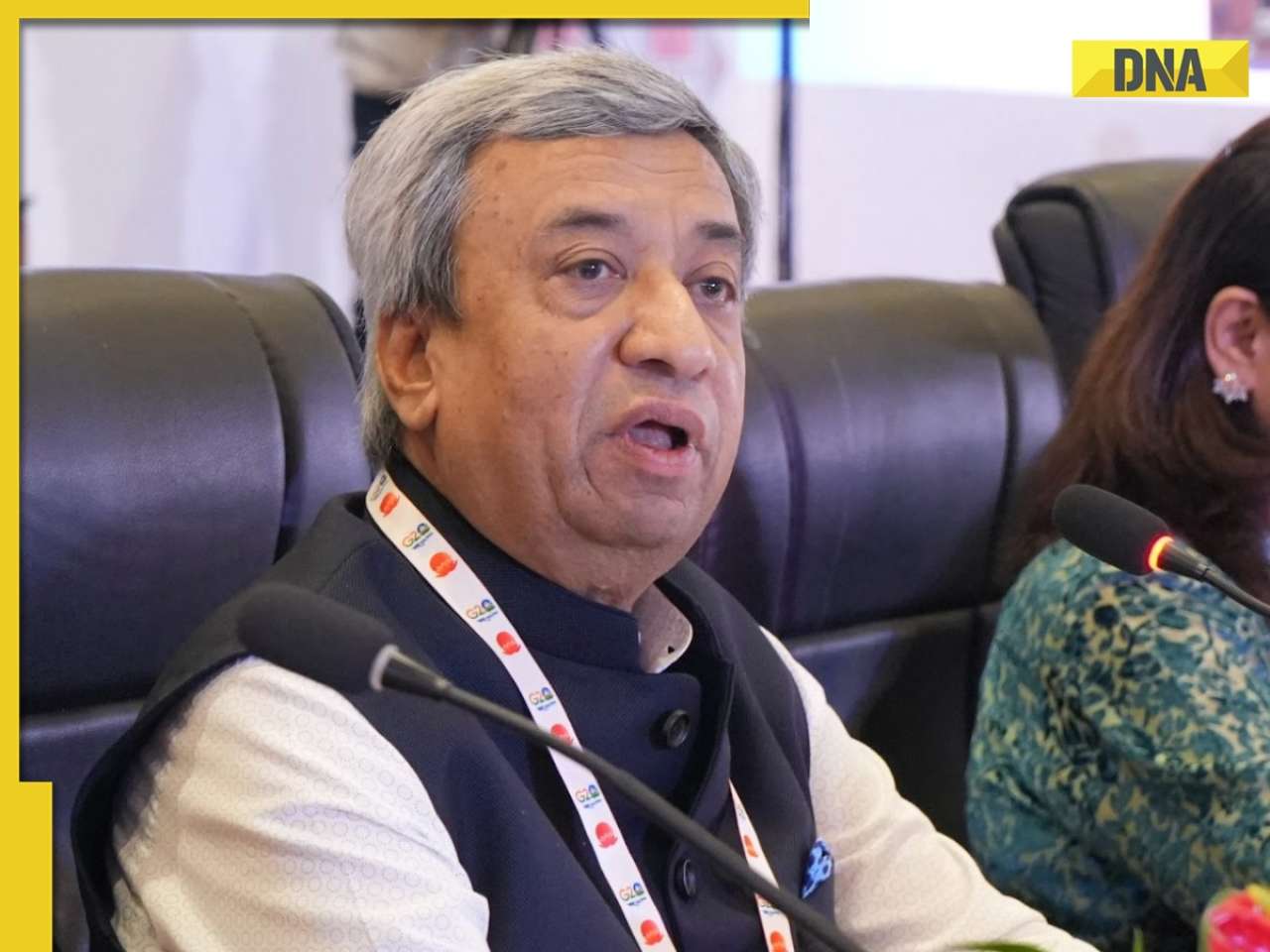




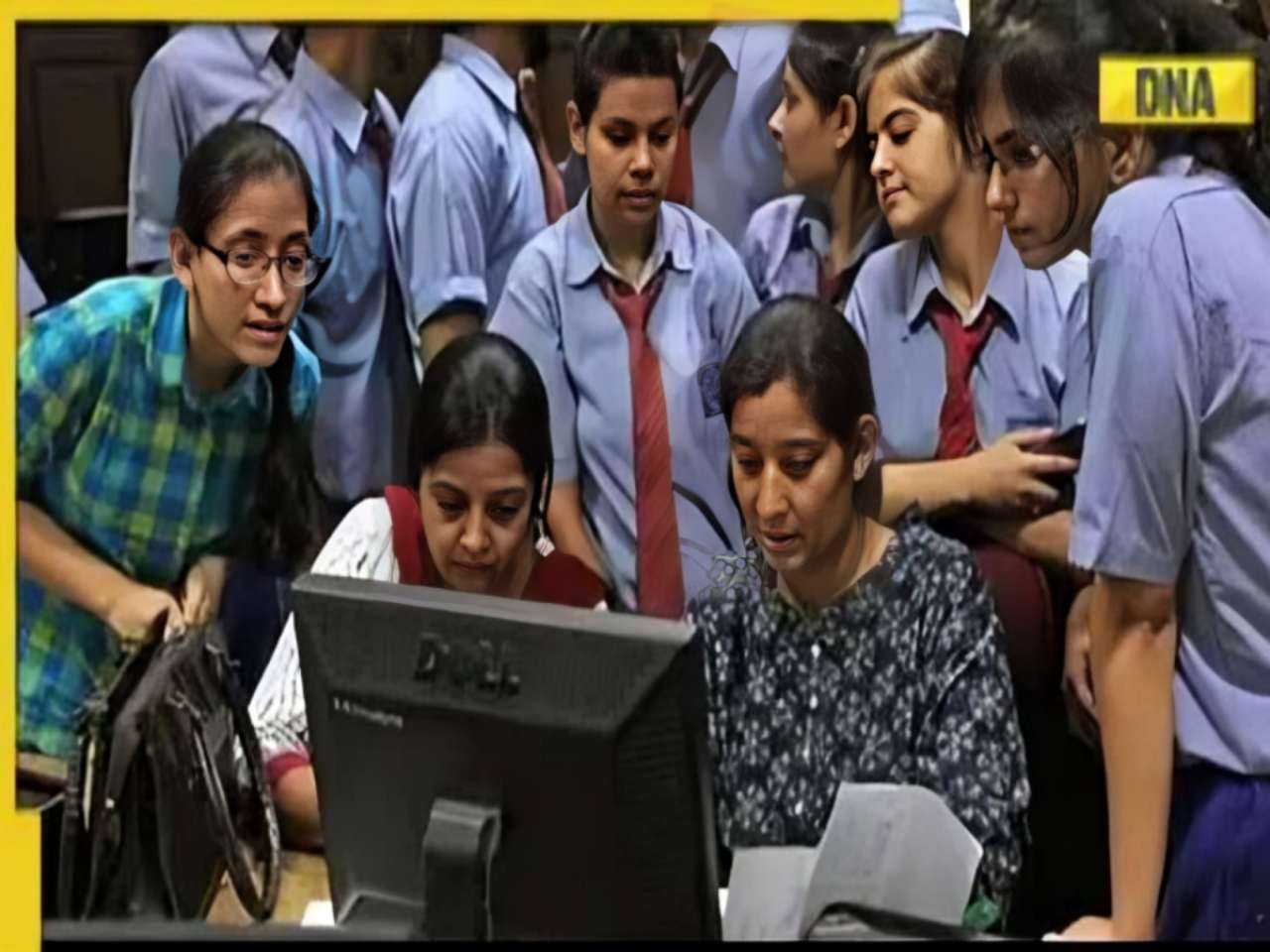
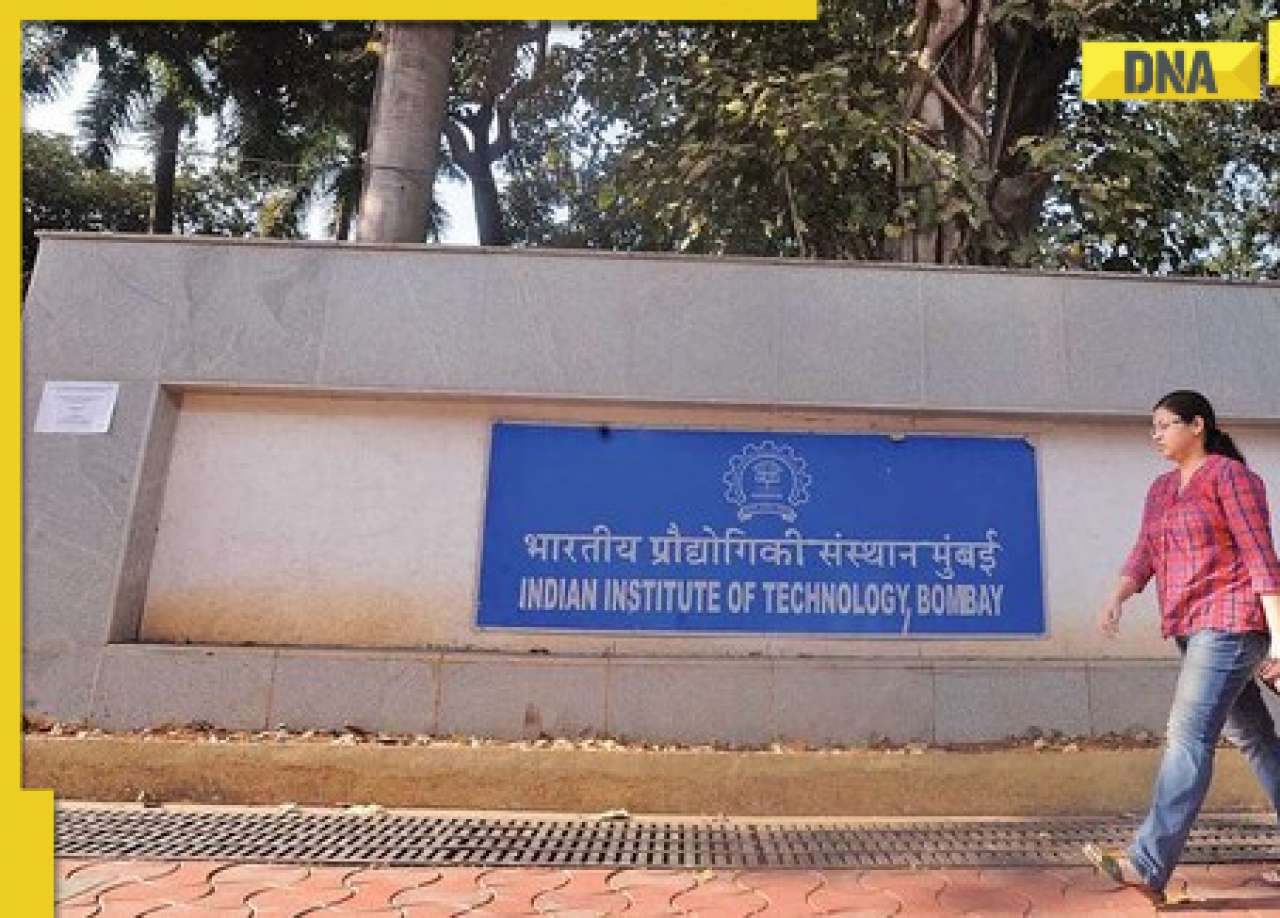
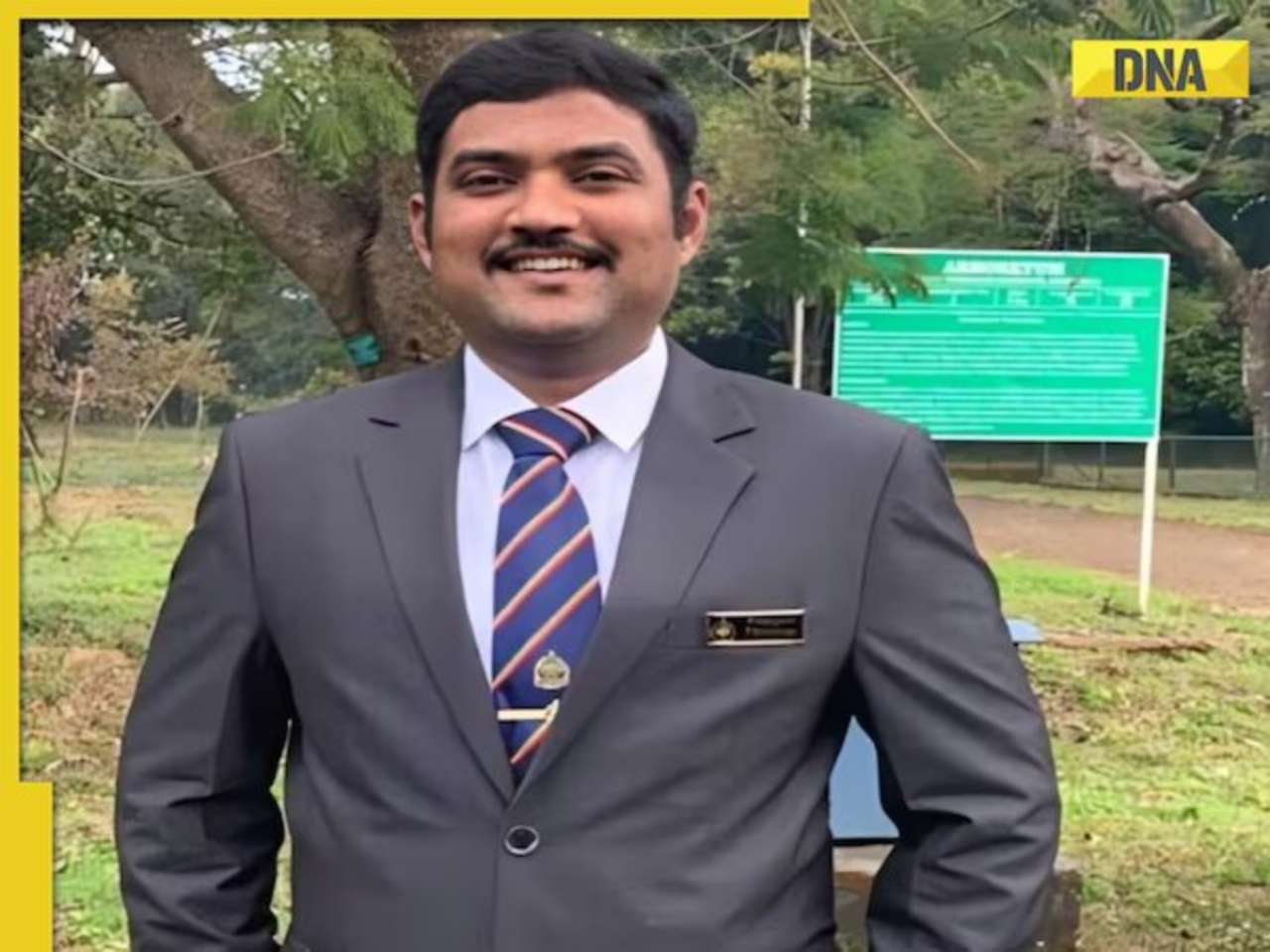

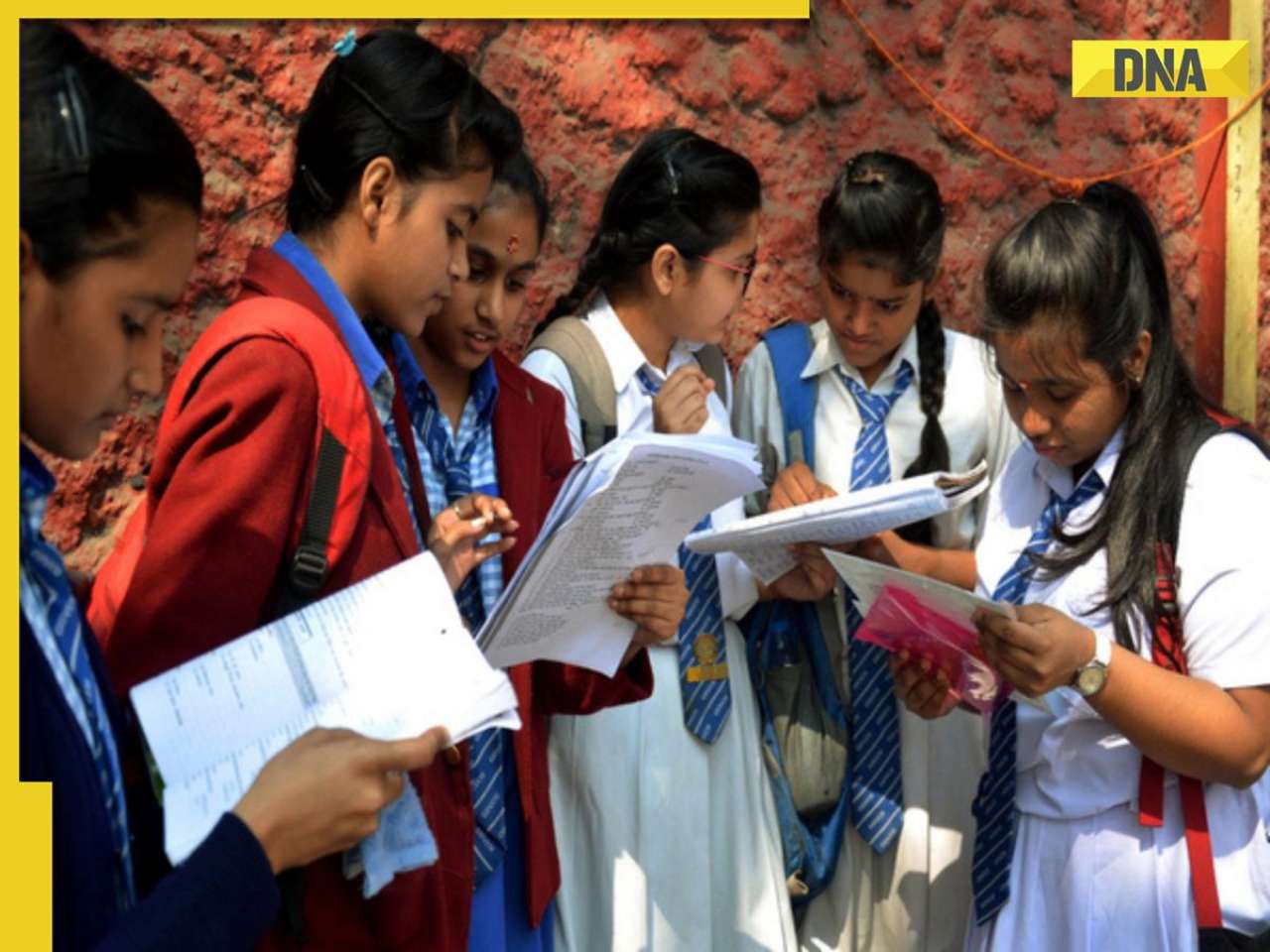















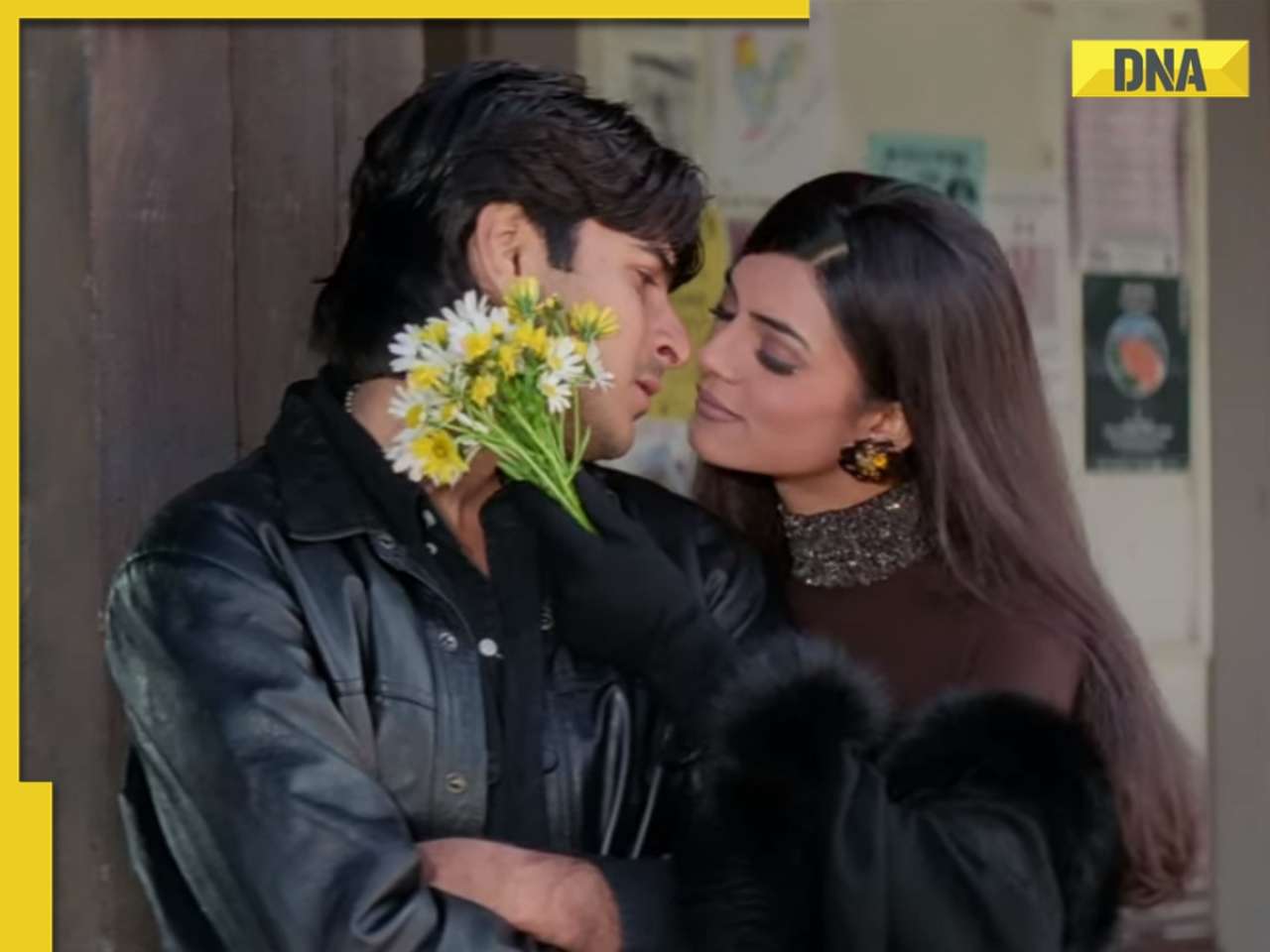




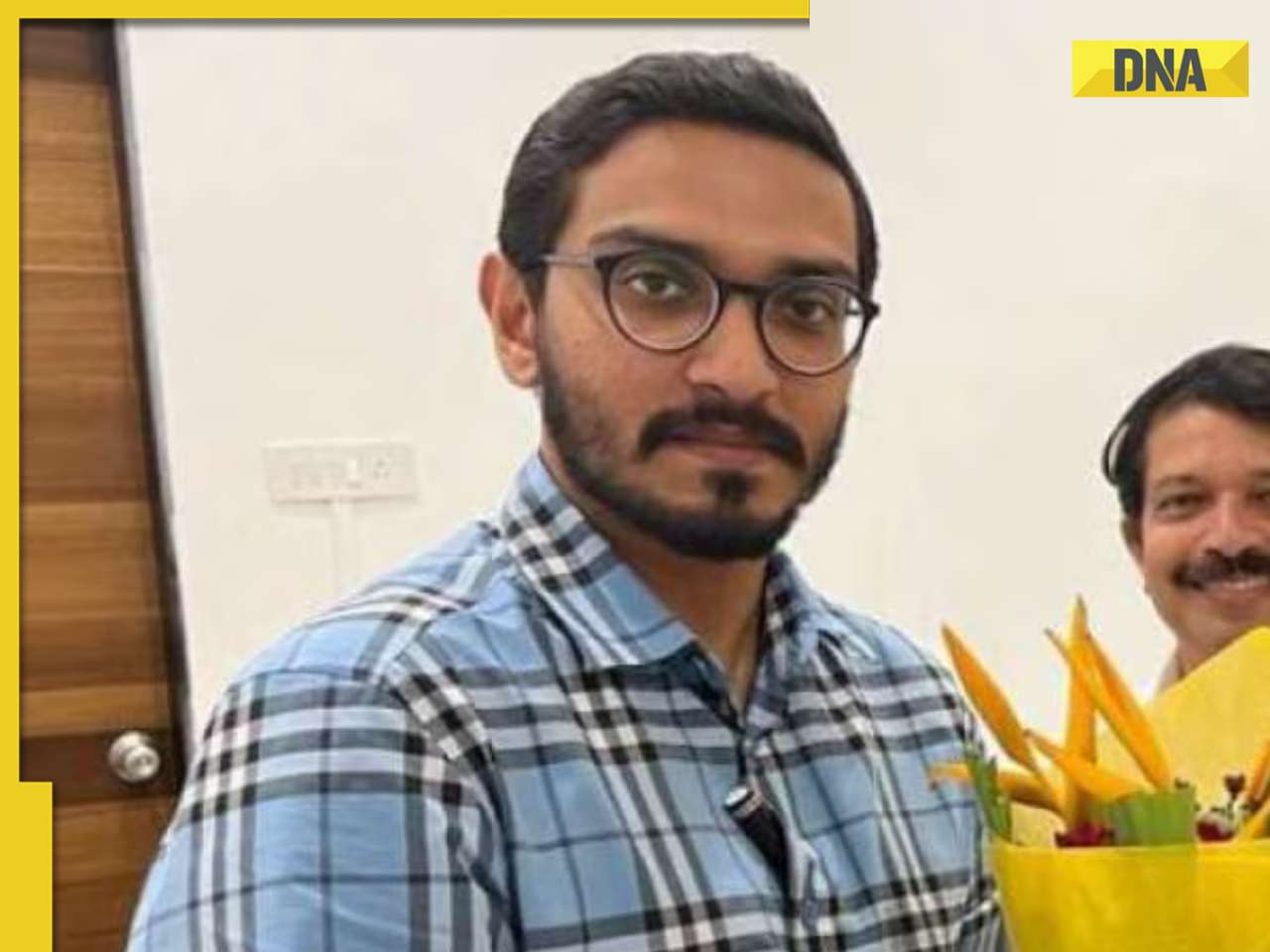









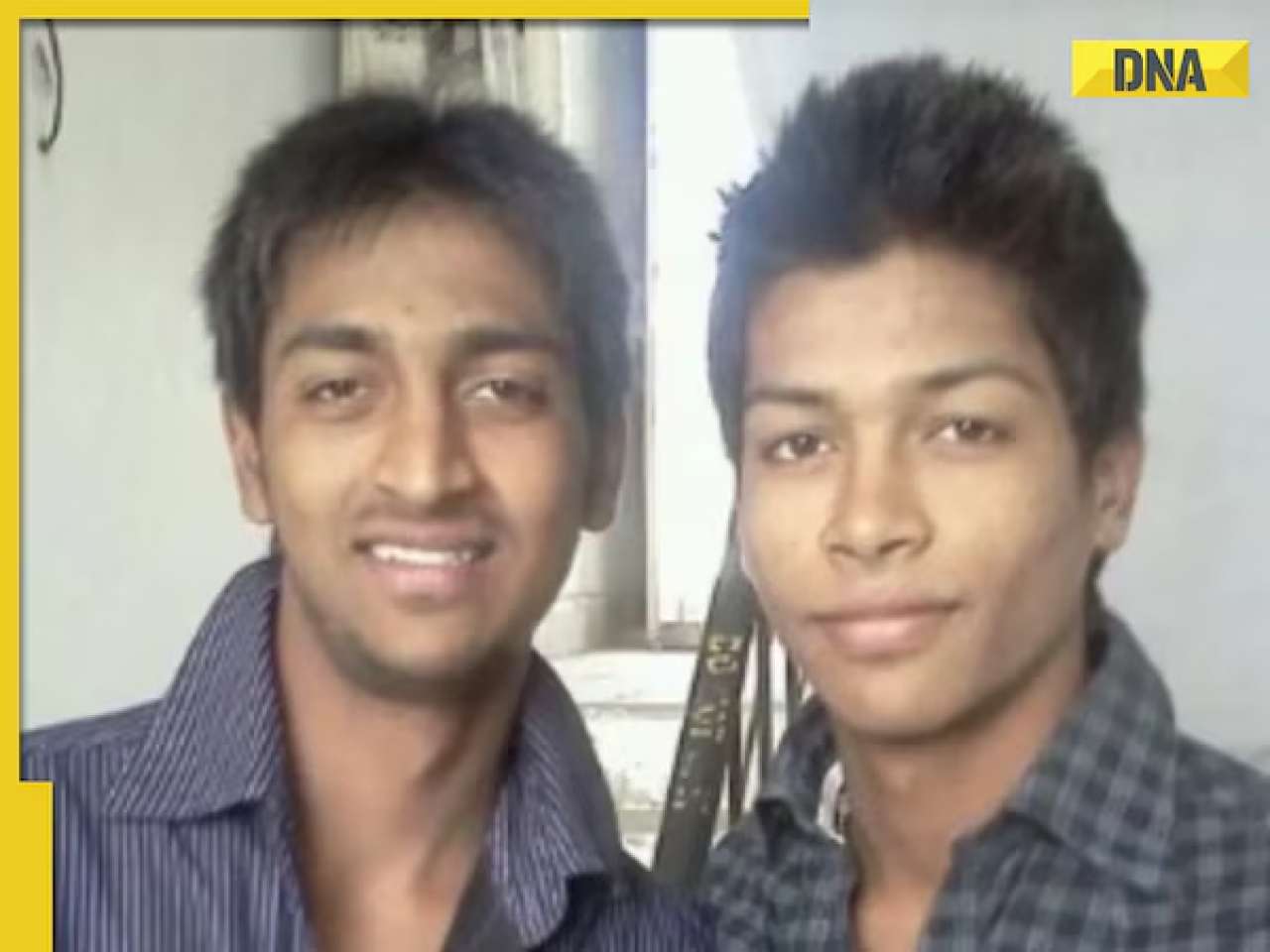
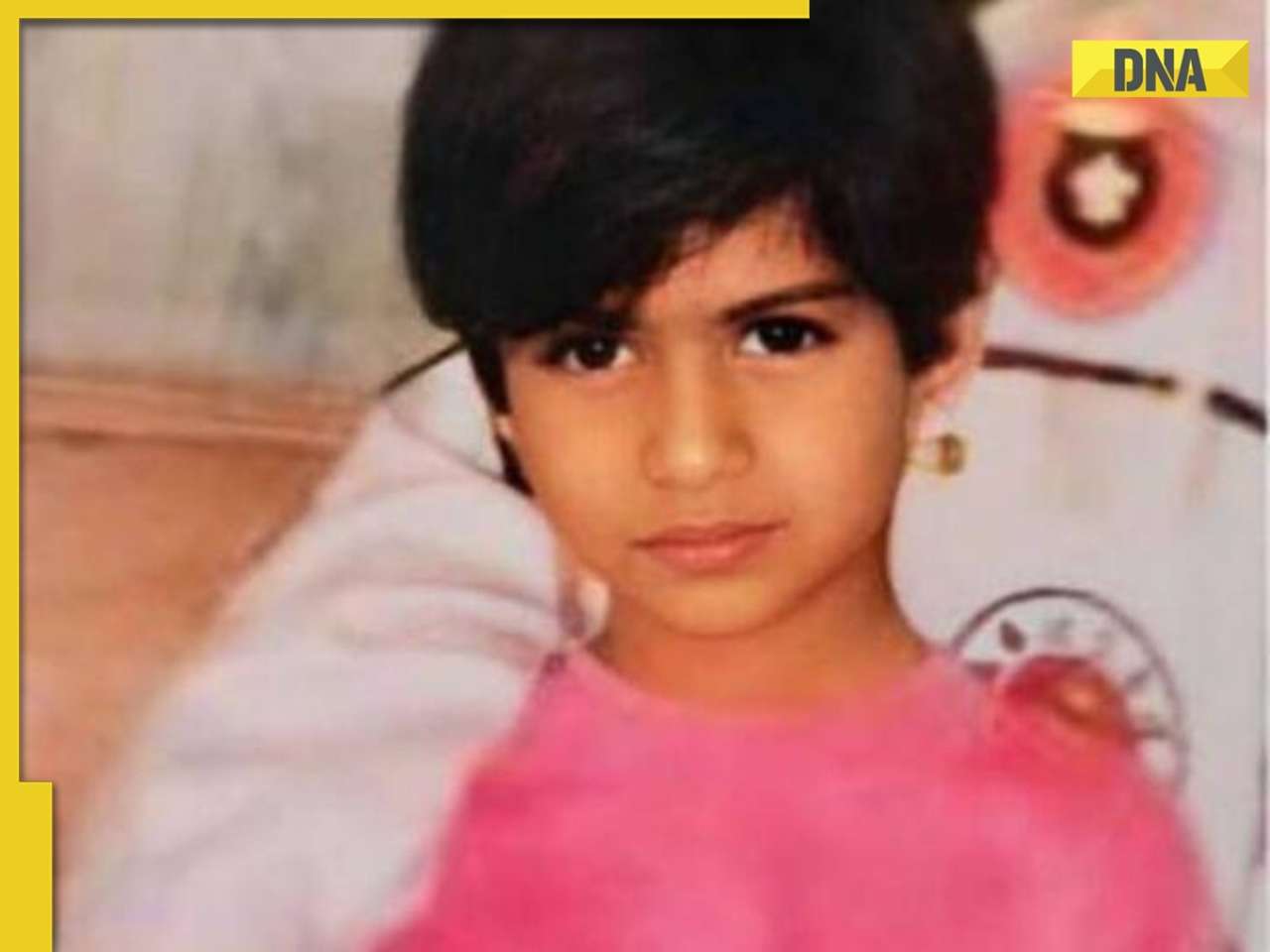










)
)
)
)
)
)